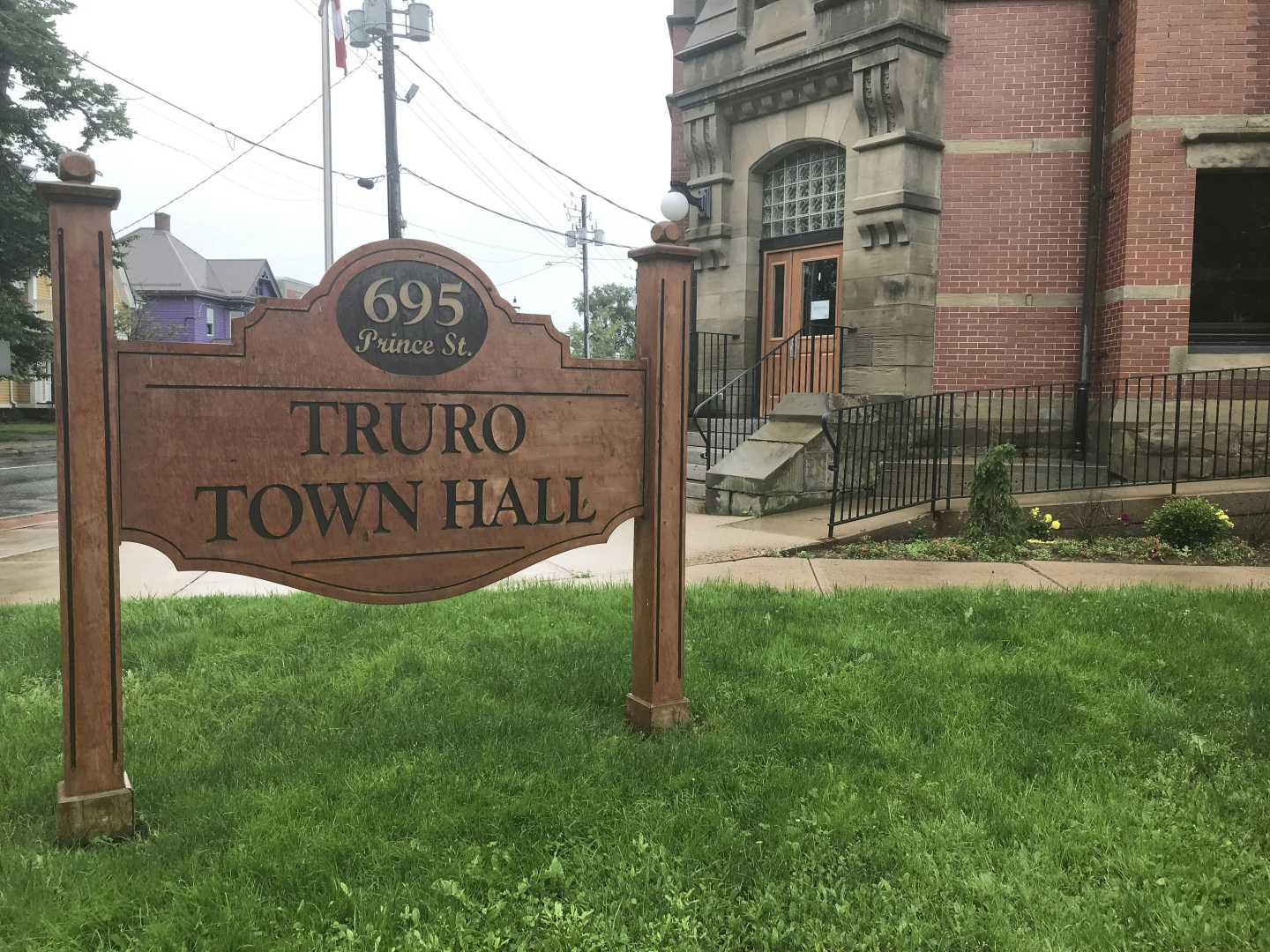News
Affordable Housing and Community Development Debates in Truro

A proposed affordable housing project in Truro, Massachusetts, has been a point of contention for over seven years. The Cloverleaf project aims to use less than four acres of land to build approximately 40 affordable housing units. Despite the long-standing proposal, ground has yet to be broken due to concerns from local residents. Many community members argue that such projects increase traffic and disrupt the “pristine” nature of the area, concerns that have slowed the project’s progress significantly.
Conversely, local real estate activities reveal a different trend. According to Zillow.com, 32 acres of undeveloped land in Truro have been sold to build 23 single-family homes over the past two years. Critics question why the development of luxury homes receives less scrutiny when it accounts for a significant use of land, potentially for a “well-off few.”
The Walsh property project, another affordable housing venture, proposes situating families near a school, playgrounds, and woodland areas, with plans to preserve 60 percent of the land as open space. Proponents argue this setup would enhance quality of life for new residents and possibly reduce traffic, as some current long-distance commuters would have the option to live closer to their workplaces in Truro and Provincetown.
These debates are not isolated. Across the Outer Cape, similar discussions about infrastructure and development persist. In Provincetown, a proposed Stellwagen Bank visitor center at MacMillan Pier has stirred emotions as residents fear it will obscure the harbor’s historic views. “How can anyone possibly consider hiding half of our beautiful, large harbor with a history beyond comparison?” asked lifelong resident Elizabeth Lema Perillo.
Furthermore, Cape Air‘s decision to move Boston-Provincetown flights to seasonal service has raised concerns about year-round access. The Outer Cape community, reliant on tourism and connectivity for economic stability, might face challenges with limited flight schedules. Efforts are underway to persuade the airline to reconsider their decision due to potential negative impacts on the local economy during the off-season.
In Wellfleet, the introduction of “beach cams” has sparked a debate about modernity versus tradition. Proponents argue that the cameras could enhance beach safety and management efficiency, while opponents resist technological changes that might alter the area’s characteristic ambiance. Steven Kopits, vice chair of the advisory committee for cable internet and cellular service, has faced resistance to his proposal, which aims to bring state funding and improve local connectivity.
Dialogues around these community matters reflect broader societal tensions between development and preservation, modernization and maintaining cultural identity, each making its mark on the fabric of the Cape’s communities.












